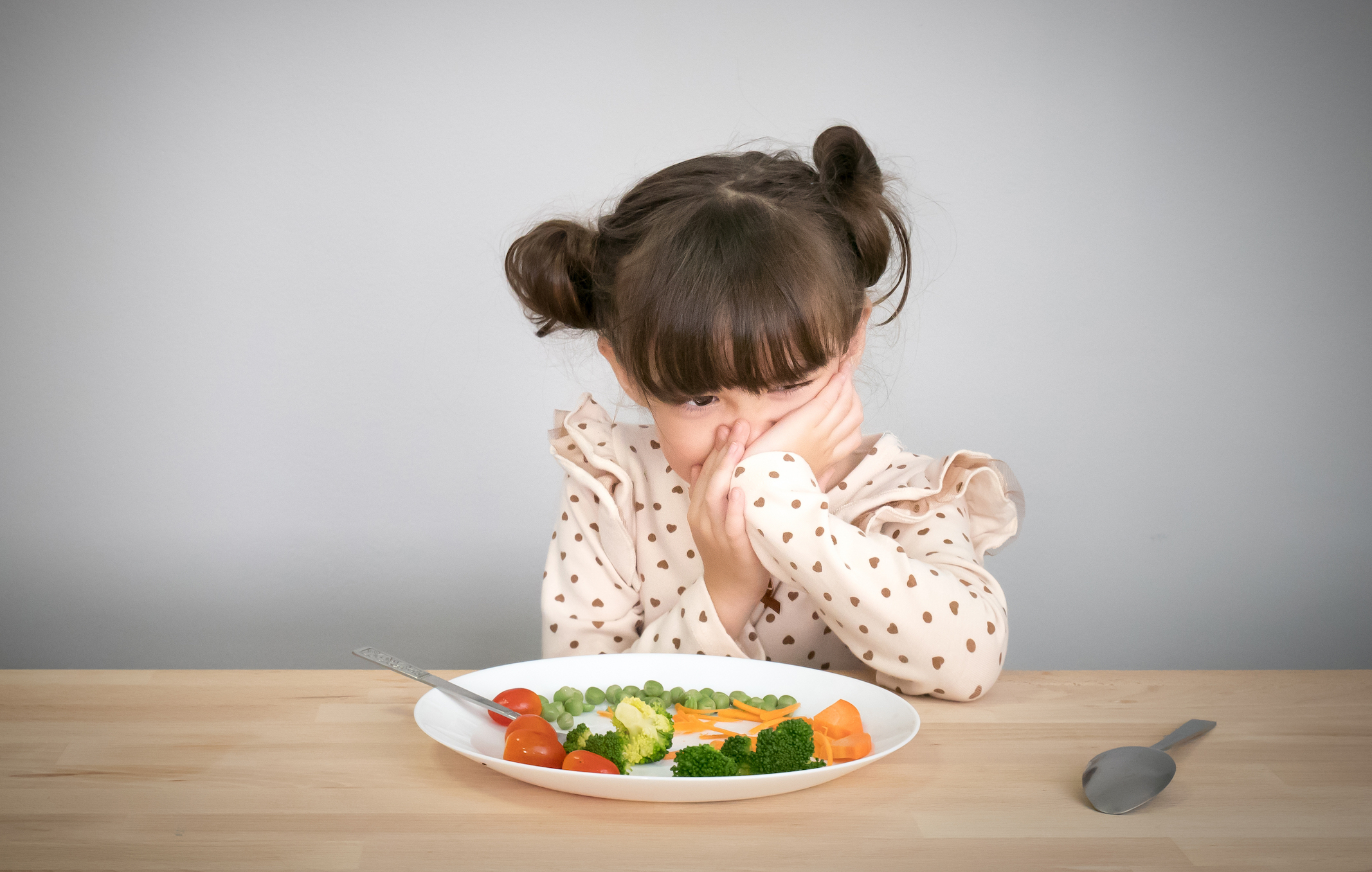
Pressuring picky eaters is counterproductive, study finds
For parents of young children, few things are more exasperating than picky eating habits. There have also been concerns that picky or choosy eating may lead to a lack of nutrition and poor weight or that it will instill bad food habits.
However, a new study from the University of Michigan found that picky eating habits in children are usually nothing to worry about, and that pressuring your kids to eat is not so effective.
Instead, making mealtime fun and interactive without pressures to eat unfamiliar food can help create a better relationship with food later on down the line. Parents simply need to wait out the choosy eating years in the meantime.
Researchers from the wanted to resolve the contrasting information that parents are often faced with when they look for help with selective eaters.
The University of Michigan team is not the first to tackle this problem, but researchers have been examining the impacts of choosy eating for 10 to 15 years without any clear results.
The study was published in the journal Appetite, and the results answer some important questions including the possible consequences of picky eating, if picky eating will lay the groundwork for unhealthy food relationships leading to obesity, or if being forced to eat unfamiliar foods will help avoid unhealthy food relationships.
What the researchers discovered was that picky eating poses no threat to a child’s growth, appetite, taste preferences, or behavior.
In fact, parents who do force their children to eat unfamiliar foods may be causing more damage than good and can create tension during meal times.
“In a nutshell, we found that over a year of life in toddlerhood, weight remained stable on the growth chart whether they were picky eaters or not,” said Julie Lumeng, the lead author of the study “The kids’ picky eating also was not very changeable. It stayed the same whether parents pressured their picky eaters or not.”
There are limitations to the study as there are debates on how to best measure choosy and selective eating, but the results align with other studies that show that putting pressure on children to eat unfamiliar foods is essentially a waste of time and not a productive solution.
Instead, parents should work to continue to expose their children to healthy foods and a wide variety of colors, textures, and tastes and not worry if the child doesn’t respond positively to everything being put in front of them.
—
By Kay Vandette, Earth.com Staff Writer













